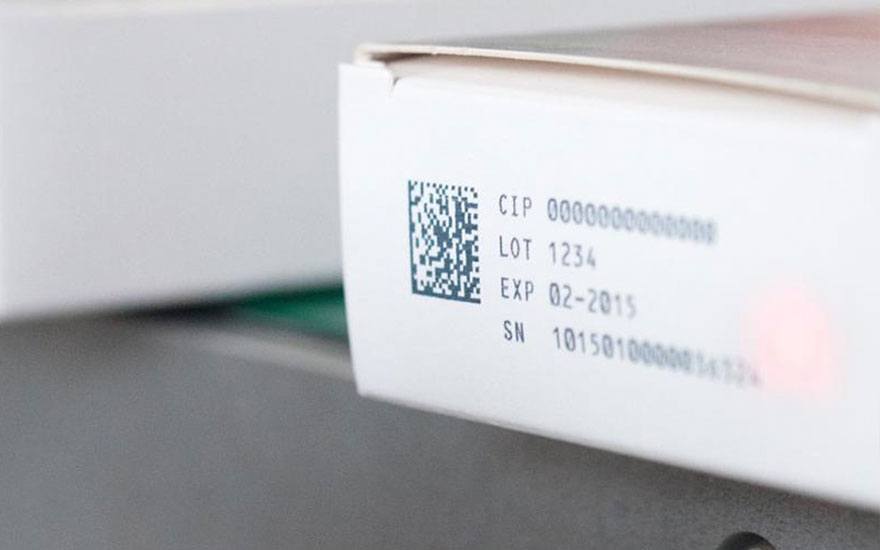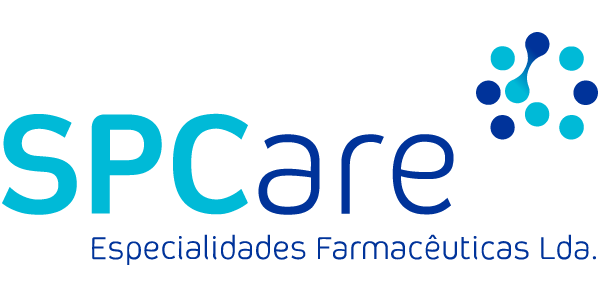
20 Feb Serialization
Reliable traceability, the fight against counterfeiting, compliance with European regulations; for Jean-Marc Bobée, director of the industrial anti-counterfeiting strategy with Sanofi and a member of the EFPIA* working group on drug codification and identification in Europe, the serialisation of prescription drugs is inevitable.
Towards European harmonisation.
By 2019, the entire pharmaceutical industry in Europe must comply with the “falsified medicines” directive 2011/62/EU “a Community code relating to medicinal products for human use, as regards the prevention of the entry into the legal supply chain of medicinal products which are falsified in relation to their identity, history or source”. To comply with this regulation, and to facilitate the detection of falsified products in the European Union, “companies operating in the pharmaceutical industry of all European states need to introduce a serialisation system with a control at the point of dispensation,” explains Jean-Marc Bobée, “This system must be associated with devices allowing the inviolability of the packaging of all prescription drugs.”
Patient safety first and foremost
Beyond regulation, patient safety is the main concern. Recognised by all countries in the world and universally applicable, serialised Datamatrix can not only improve traceability and assist governments to combat refund fraud, but also help fight against counterfeiting, which has become a real scourge over the past ten years. “Technological advances and their increasing accessibility are making counterfeiting easier and easier,” says Jean-Marc Bobée, recalling also that, for a long time, falsifying medicines was more lucrative and less dangerous than drug trafficking … Ensuring product serialisation and the tracking of these serial numbers can secure the supply chain and make the flow of products more reliable, within Europe’s borders and beyond.
Labialfarma article 11/12/2017


